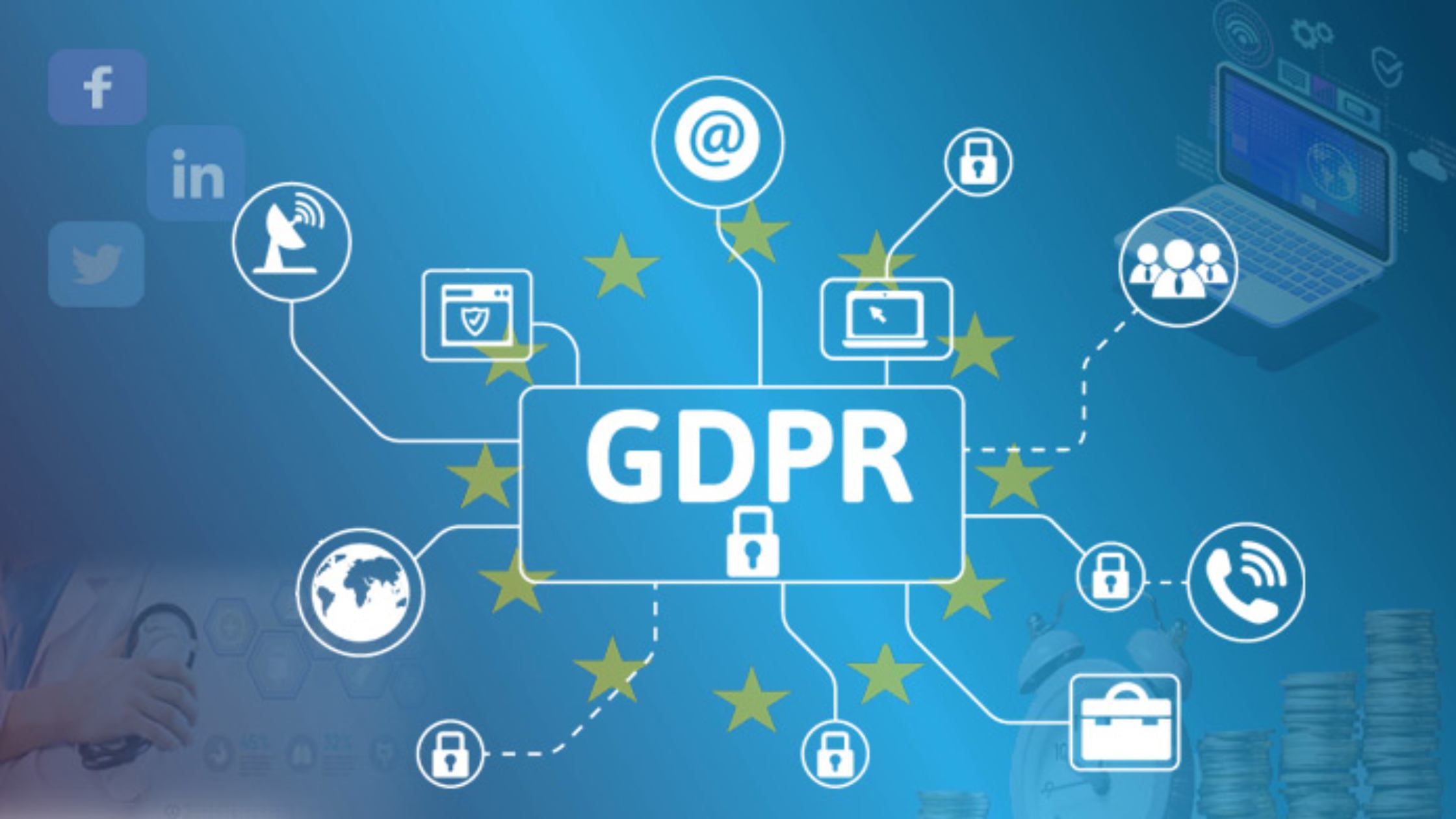Are you up to date on GDPR compliance requirements? If not, you’re fine. it’s a bit daunting as GDPR is an incredibly complex and ever-changing piece of legislation. It’s all about data protection and giving consumers control over their personal data and ensuring secure storage of all electronic data. It doesn’t matter if you are just starting to understand GDPR, or if you are looking to learn more about the requirements that apply to organizations across the globe.

HIPAA (Health Insurance Portability and Accountability Act) and GDPR (Global Data Protection Regulations) are two acronyms healthcare professionals and companies who handle personal information must be familiar with. HIPAA or the Health Insurance Portability and Accountability Act in the US regulates the disclosure of and use of patient personal data. GDPR (General Data Protection Regulation) is a directive adopted by the European Union (EU). It applies to all companies that process personal data from EU residents. The regulations are different in scope but share the same goal of ensuring privacy and security.
Important reasons to comply with GDPR and HIPAA
Many reasons make compliance with HIPAA/GDPR is essential. It firstly, it safeguards confidential data from unauthorized access, disclosure, and misuse. For instance, healthcare providers handle sensitive medical information that could lead to identity theft or fraud. GDPR is applicable to companies handling personal data like addresses, names, emails addresses, and various other information that could be used for fraud, identity theft, or scams.
The second requirement is that these regulations must be followed. HIPAA regulations apply to covered entities such as health care providers, health plans as well as healthcare clearinghouses. HIPAA violations could result in criminal and civil penalties as well as damage to the image of health providers. Any business that handles personal information of EU residents are bound by GDPR regardless of where they are located. Infractions could result in severe penalties or legal action.
By observing these regulations, you can build confidence with patients and clients. Customers and patients want their personal data to be handled with care and confidentiality. In compliance with HIPAA or GDPR regulations will show that the business cares about security and privacy of data.
HIPAA and GDPR Compliance – Essential Requirements
There are many requirements in HIPAA and GDPR regulations that businesses need be aware of. In the case of HIPAA covered organizations, they must protect the confidentiality, integrity, and availability of electronic protected health information (ePHI). This requires implementing administrative physical and technical safeguards to protect ePHI against any unauthorized access to, use, or disclosure. In the event of security breaches or incidents any covered entity should have procedures and policies in the place.
GDPR requires individuals to give explicit consent to companies collecting and processing their personal information. The consent must be granted without ambiguity, freely written in writing and precise. The GDPR also demands that businesses provide individuals with the right to access, rectify, and delete their personal data. The business must also adopt suitable organizational and technical measures to ensure the security and security of personal information.
HIPAA Compliance as well as GDPR Compliance: Best practices
Companies should follow best practices to protect personal data and ensure compliance with HIPAA regulations. A few best practices are:
Conducting risk assessments: Businesses must regularly evaluate the risks to the integrity, confidentiality and availability of personal information. This will allow you to identify the weaknesses and set up appropriate security measures.
Implementing access control Limiting access to authorized personnel have access to personal data. This may include strong passwords as well as multi-factor authentication. Access controls must be based on the lowest privilege.
Employees who train: Employees must receive regular training on data security and privacy. This will prevent accidental or deliberate data security breaches.
Incident response strategies should be adopted by businesses in order to deal with security breaches and incidents. This includes identifying a reaction group, setting communication protocols and regularly conducting exercises.
If you are a business that processes personal information, HIPAA Compliance and GDPR Compliance are essential. These regulations protect sensitive data from unauthorised access, disclosure, or misuse, and demonstrate a commitment to the privacy and security of your data. Implementing best practices, including conducting risk assessments in conjunction with access controls, training employees, and adopting incident response plans, businesses can be sure that they are in compliance and ensure that their information is protected
For more information, click HIPAA Compliance News and Advice